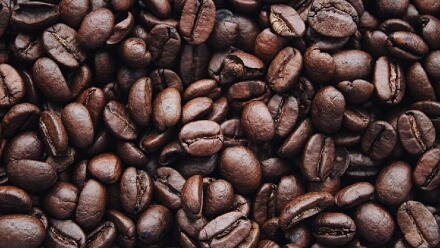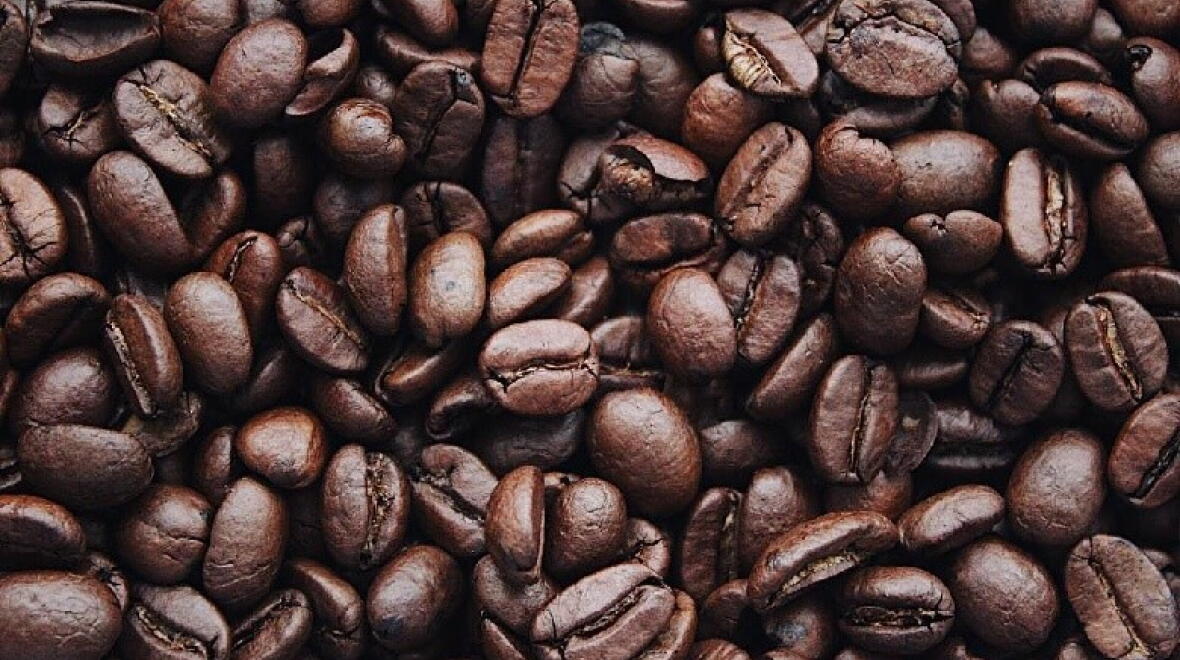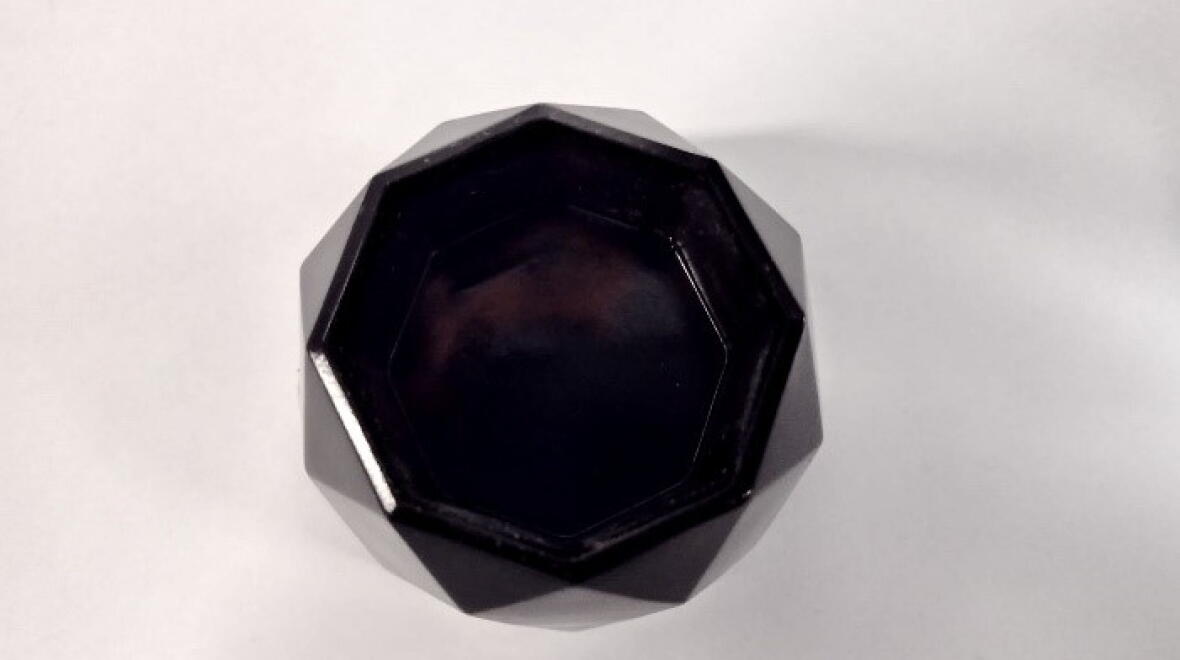Compostable plastic from coffee waste

Impact Focus areas
Research area
Spent coffee grounds (SCGs) are a grossly undervalued waste product from an industrial and commercial perspective.
Researchers at The Australian National University (ANU) have invented a unique and completely eco-friendly plastic (vitrimer) made from sustainably available SCGs. This invention provides a practical, scalable use for commercially and industrially sourced spent coffee grounds, and offers a compostable and environmentally sustainable alternative to soft, rubber-type materials, which are currently derived from non-sustainable sources. The material derived from this process could have multiple applications and potentially help reduce disposable plastics. The inventors are interested in obtaining SCG samples from companies in order to further test this process.
Technology (TT2022-015)
The synthesis of our plastic employs a solvent- and catalyst-free processing of biomass-derived materials at mild temperatures to form a novel, compostable vitrimer with applications as an environmentally friendly soft rubber substitute (Figure 1).
Figure 1: Octagon shaped planter made from sustainable plastic alternative
Potential benefits
- Reduce waste: Makes use of spent coffee grounds that are otherwise discarded.
- Environmentally friendly: The material could provide an alternative to some plastic products currently in use.
- Green synthesis: solvent and catalyst free synthesis at low temperatures
- Eco/Sustainable: The plastic product is compostable
Potential applications
- Food packaging
- Compostable cutlery
- Garden seedling pots/planters
- Compostable 3D printer ink
- Phone cases
Opportunity
ANU is seeking coffee industry partners to provide waste spent coffee grounds for testing and further development of this technology
IP status
The IP is owned by The ANU and is the subject of a provisional patent
Key research team
- Luke Connal, Professor, ANU, Research School of Chemistry
- Ashwani Kumar, PhD Student, ANU, Research School of Chemistry
- Brett Pollard, PhD Student, ANU, Research School of Chemistry



